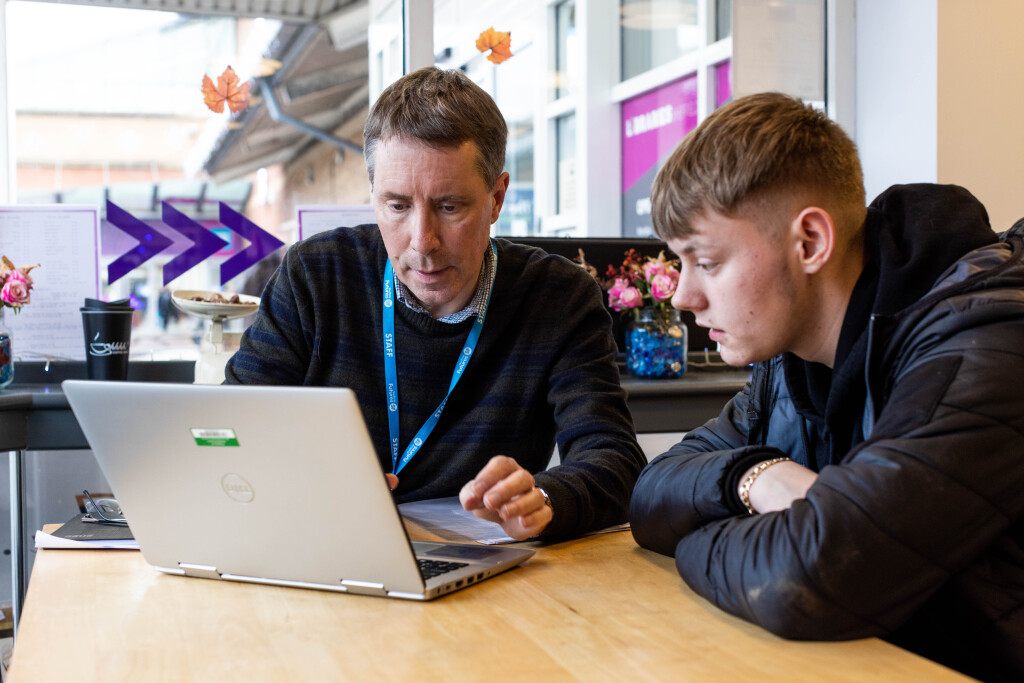Local charities have criticised Liz Kendall’s plans to get young people off benefits and back to work, claiming that they could put some “in a highly vulnerable position and open to exploitation”.
The Secretary of State for Work and Pensions announced the Get Britain Working White Paper on Tuesday.
Its ambitious aims include transforming the job centre system, reducing the number of people out of work due to long-term sickness, and delivering a guarantee that every young person will have access to education or training to help them find a job.
Ms Kendall also confirmed, in an interview on Sky News’ Sunday Morning with Trevor Phillips, that: “If people repeatedly refuse to take up the training or work responsibilities, there will be sanctions on their benefits.”
Prominent Sheffield voices have taken issue with the proposals and accompanying comments.
Kirsty Sandamas, Communications and Business Development Manager at Sheffield Futures, said: “If the Government do go ahead with the proposal to stop benefit support to young people, they are leaving them without the means to provide the most basic needs for themselves, putting them in a highly vulnerable position and open to exploitation.
“This approach will not encourage young people into work; at best, it will further disenfranchise them; at worst, it will endanger them.”

On the BBC’s Sunday with Laura Kuenssberg, Kendall also suggested that people with “self-diagnosed” mental health problems have contributed to the rise in benefit claimants.
Margaret Lewis, CEO of Sheffield Mind, said: “Linking ‘self-diagnosis’ and the claiming of benefits is not helpful.
“The media, or other people’s views, can make it feel like there’s a stigma attached to claiming benefits and this can lead to people with mental health issues feeling like the whole benefits system isn’t designed to meet their needs.”
Ms Sandamas of Sheffield Futures added that some people are forced into self-diagnosis due to long waiting times for a diagnosis through the NHS : “It is harmful to suggest that young people are doing this in order to claim benefits without recognising that the long waiting times are prolonging, and often detrimental to, a young person’s opportunity to get appropriate support for their mental health.”




